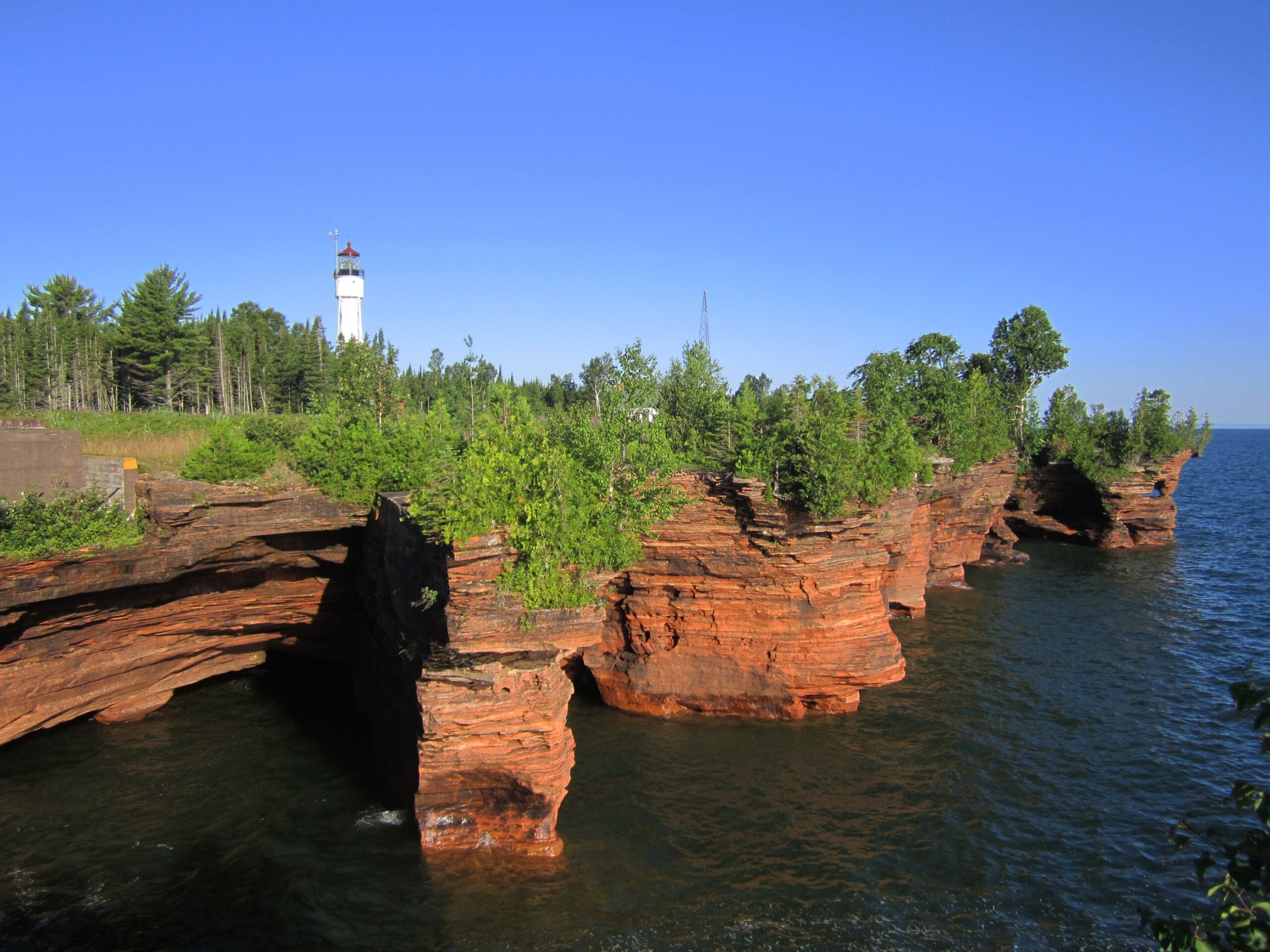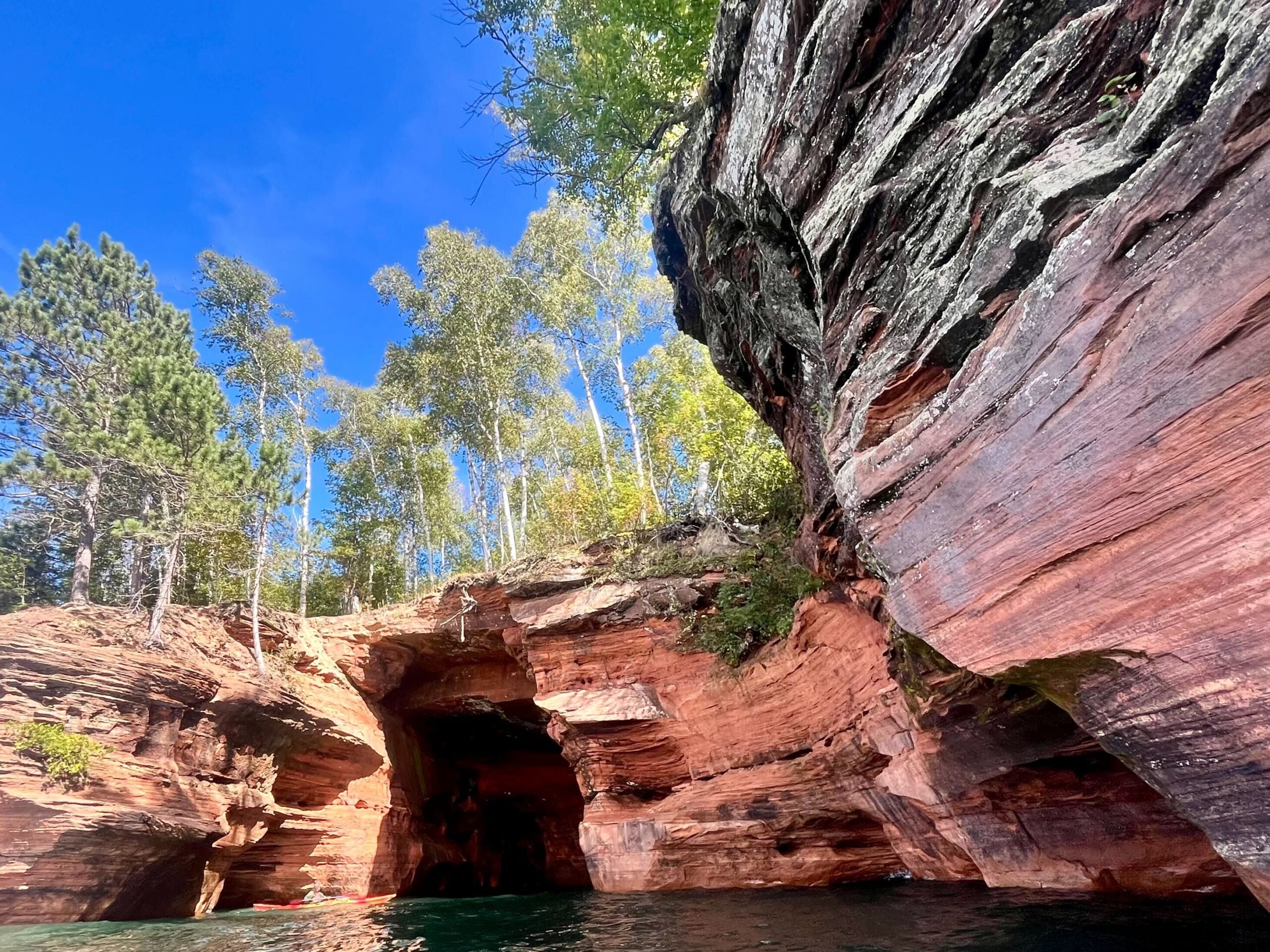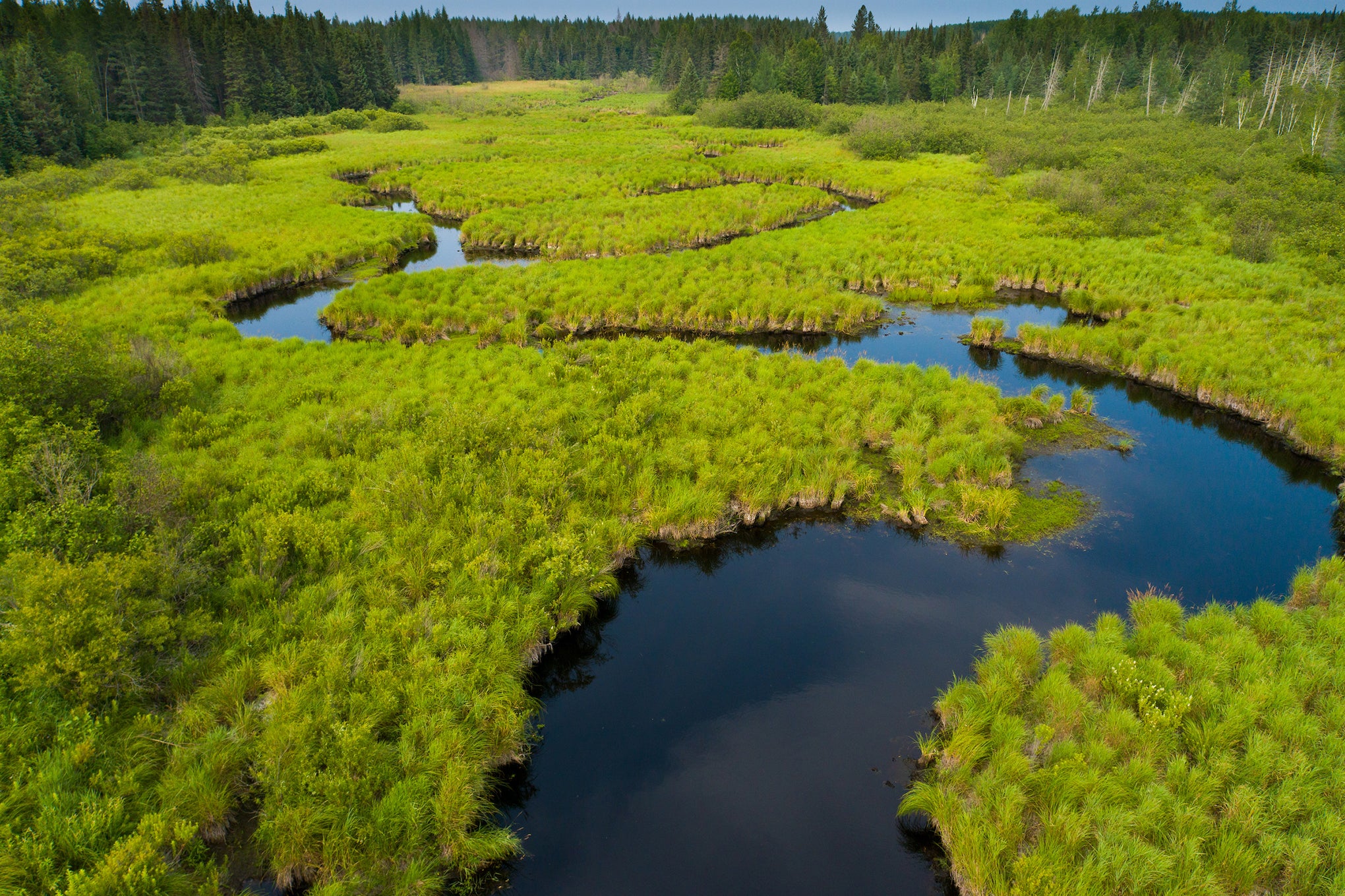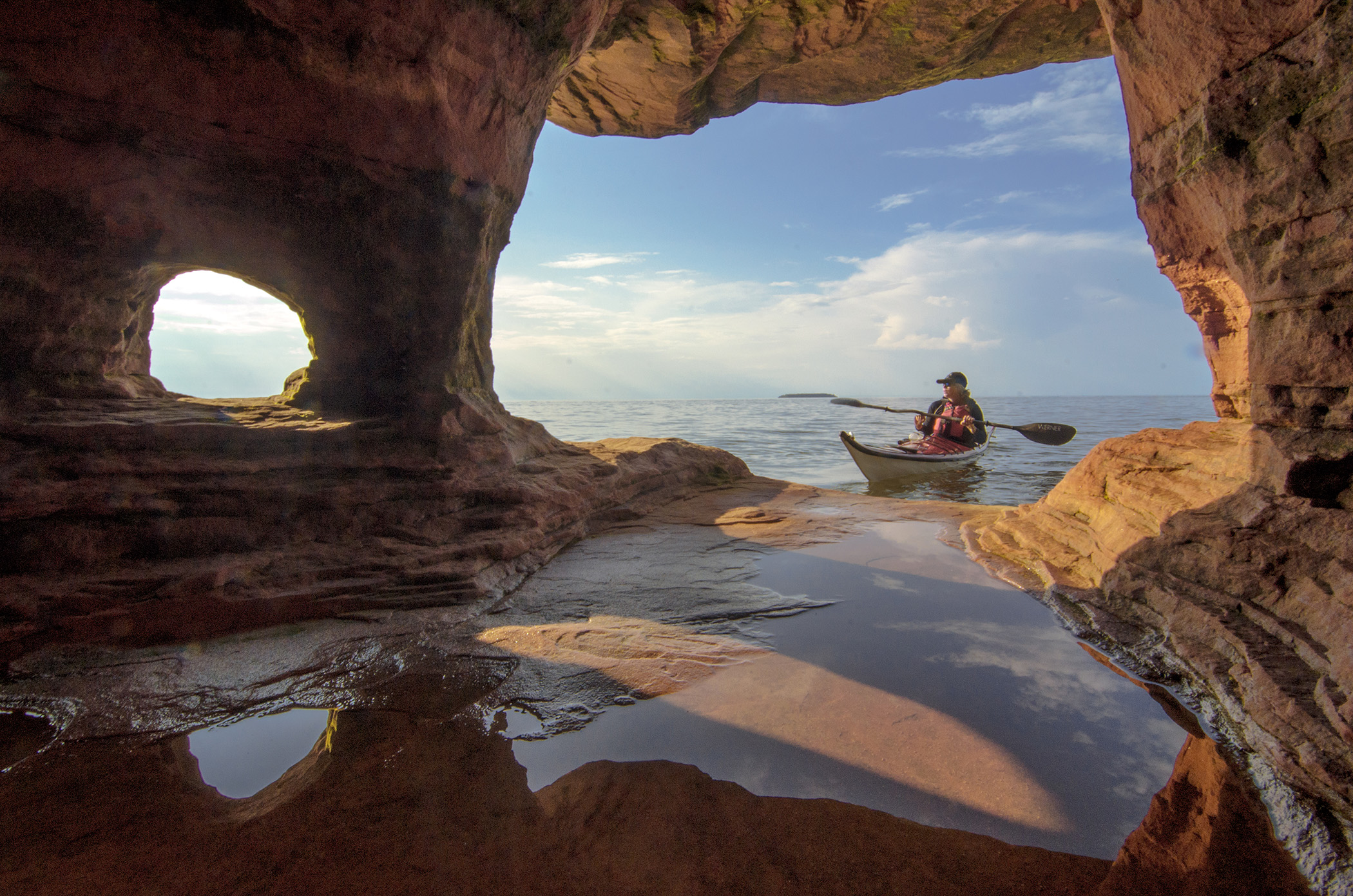Recent federal reports reveal the National Park Service marked up costs and relied on inaccurate data for the agency’s estimates of costs to address its maintenance backlog, affecting parks in Wisconsin and nationwide.
The findings were discussed during a joint subcommittee hearing in the U.S. House on Wednesday. The National Park Service, or NPS, has seen fiscal year costs of its maintenance backlog grow from $13.1 billion in 2019 to $22.3 billion in 2022.
“This increase occurred despite billions of dollars of taxpayer investment to improve and maintain our parks through the Great American Outdoors Act,” said Republican U.S. Rep. Tom Tiffany.
Stay informed on the latest news
Sign up for WPR’s email newsletter.
Tiffany, who chairs the House subcommittee on federal lands, has scrutinized the agency’s handling of its backlog. In 2020, Congress passed the Great American Outdoors Act. The law set up a fund that devotes up to $1.9 billion each year to managing buildings, roads and visitor assets through 2025. The vast majority of money — 70 percent — is set aside for the National Park Service.
Report finds estimates rely on inaccurate data
A final report released in September by the inspector general’s office within the U.S. Department of Interior found the National Park Service both underestimated and magnified costs. The report found around 214,000 work orders that were several years old, causing the agency to possibly underestimate maintenance costs by $2.6 billion. The agency also overstated costs by $364 million on thousands of work orders that had been completed, and it identified 29 work orders in 15 parks that were critical for addressing safety that weren’t addressed in a timely fashion.
Tiffany said he’s been disappointed with the lack of progress, including in Wisconsin.
“In my district, the Apostle Islands National Lakeshore has received some funding through the Great American Outdoors Act this past year, but more than … 73 percent of Apostle Islands’ backlog remains unaddressed,” Tiffany said.
Around $17.2 million in funding through the law has been approved for repairs at Little Sand Bay and Devils Island, representing roughly 26 percent of the park’s deferred maintenance costs in 2022.
Lynne Dominy, the park’s superintendent, previously told WPR that a large storm in late 2017 damaged marinas at Little Sand Bay and Devils Island. The Little Sand Bay Marina is the park’s only mainland marina that provides access to the western and northern islands, offering safe harbor to about 30,000 visitors each year. Dominy was not immediately available for comment on Wednesday.
The Apostle Islands on Lake Superior accounts for the largest share of Wisconsin’s $80 million backlog with $66 million needed for maintenance and repairs to its buildings, docks and other assets.
National Park Service marked up costs
The park’s backlog is seven times higher than it was in 2018. Government audits highlight the National Park Service marked up costs 35 percent for all deferred maintenance projects. The inspector general’s report said that resulted in a $3.7 billion increase in just one year.
Mark Greenblatt, inspector general for the Department of Interior, told lawmakers the agency couldn’t provide adequate justification for the markup or why it was applied to all deferred maintenance projects.
“When you have a significantly inaccurate estimate bolstered by a 35 percent across the board markup, one could argue that the prior estimates were akin to a house of cards built upon a house of cards,” Greenblatt said.
The National Park Service told the inspector general’s office that it acknowledges the “need and amount for these project execution costs varies,” representing an overall average estimate of a markup in costs. The agency said it refines estimates on projects as they are funded, designed and executed.
A separate report released this week by the Government Accountability Office found the agency marked up costs to account for project expenses beyond construction, including design. Agency officials also reported a rise in deferred maintenance costs due to inflation, noting the construction material price index increased 42 percent from 2019 to 2023.
Cardell Johnson, the office’s director of natural resources and environment, told lawmakers five agencies, including the National Park Service, didn’t collect complete data on deferred maintenance projects prior to the passage of the Great American Outdoors Act.
“They cited limited funding as the primary reason for why they didn’t have enough resources or dedicate enough resources to this task,” Johnson said.
National Park Service points to insufficient funding
Kathy Kupper, a spokesperson for the National Park Service, said in a statement that the agency maintains more than 72,000 assets that include buildings, roads, campgrounds and utilities.
“The root causes for the backlog of maintenance and repair needs include insufficient funding to care for NPS assets and growing construction costs,” Kupper wrote. “The NPS is incredibly grateful to Congress for supplying much needed funding via the Great American Outdoors Act to address its deferred maintenance needs, but until sufficient annual funding is available to address recurring annual maintenance needs nationwide, new backlog will be generated annually.”
Despite challenges, Johnson said agencies like the National Park Service generally followed leading practices for addressing deferred maintenance. He added funding has since prompted efforts to collect better data. He said it has also improved planning to address challenges tied to inflation, and the funding allowed agencies to maintain training for staff that’s helped address smaller projects faster.
Greenblatt added the National Park Service has made changes to improve estimates of deferred maintenance. The report states the agency has resolved all but two of eight recommendations, which include developing policies that result in more accurate estimates.
Around $3.8 billion has been awarded to address 276 projects under funding provided through the Great American Outdoors Act.
Wisconsin Public Radio, © Copyright 2025, Board of Regents of the University of Wisconsin System and Wisconsin Educational Communications Board.




